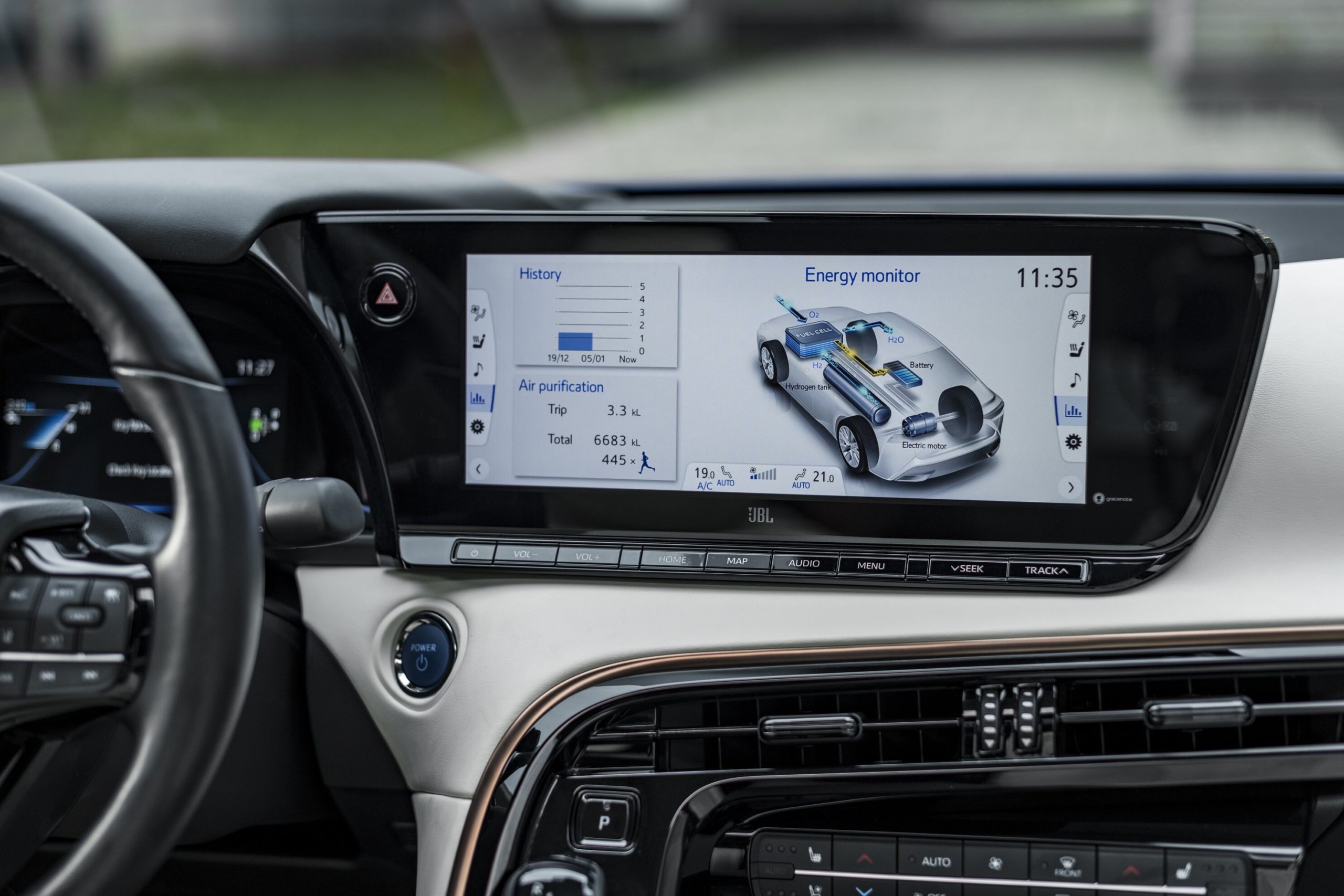Are hydrogen FCEVs a viable alternative to combustion engines?

Are hydrogen-powered electric vehicles a viable alternative to combustion engines? Toyota displayed two models of the Mirai sedan boasting hydrogen fuel cell technology (FCEVs) at Abu Dhabi’s World Future Energy Summit earlier this month, according to a press release. But is there room for FCEVS in the age of fully electric vehicles?
How do FCEVs work? FCEVs create electricity using hydrogen and oxygen, produce no tailpipe emissions and emit only water and warm air as a byproduct. A fuel cell made of thin plates draws hydrogen from a pressurized tank and fuses it with oxygen to produce electricity. They’re more efficient than conventional internal combustion vehicles with a driving range of over 300 miles (483 km) and can be refueled in 5 minutes, according to the US Department of Energy’s Alternative Fuels Data Center.
Widespread use is hampered by limited infrastructure: Hydrogen fueling stations are still limited, postponing the widespread adoption of the technology as a viable alternative to combustion engine vehicles and EVs. Hydrogen is also more expensive than traditional gasoline (so far). Additionally, because hydrogen is highly flammable, FCEVs (and charging stations) have to abide by more stringent safety requirements, according to the Alternative Fuels Data Center.
Long-haul transport may benefit more from hydrogen tech: Hydrogen’s true potential may lie in long-haul transport, according to a McKinsey report. Battery weight and charging speeds make it less efficient to electrify bus and truck fleets, which can benefit from the longer range and shorter fueling times of hydrogen — not to mention not having the added weight of bulky batteries. Mercedes-Benz is developing hydrogen-fueled trucks which are expected to have a range of 1k km or more and be released during the second half of the decade.
EVs hold the advantage in passenger cars: As the cost of making EV batteries goes down, automakers are investing more resources to develop hybrids and EVs — which are more cost-efficient — rather than FCEVs. Besides Toyota’s Mirai, the Hyundai Nexo is the only other commercially available hydrogen fuel cell vehicle on the market. Honda’s discontinued Clarity Fuel Cell, was also powered by hydrogen.
But it isn’t stopping automakers from experimenting with the technology: BMW is developing the iX5 Hydrogen model, with plans for release internationally in 2Q 2023. The company also has plans to develop a fuel cell SUV with Toyota, which is expected to enter mass production by 2025 at the latest. Audi and Landrover are also developing hydrogen-fueled commercial vehicles.